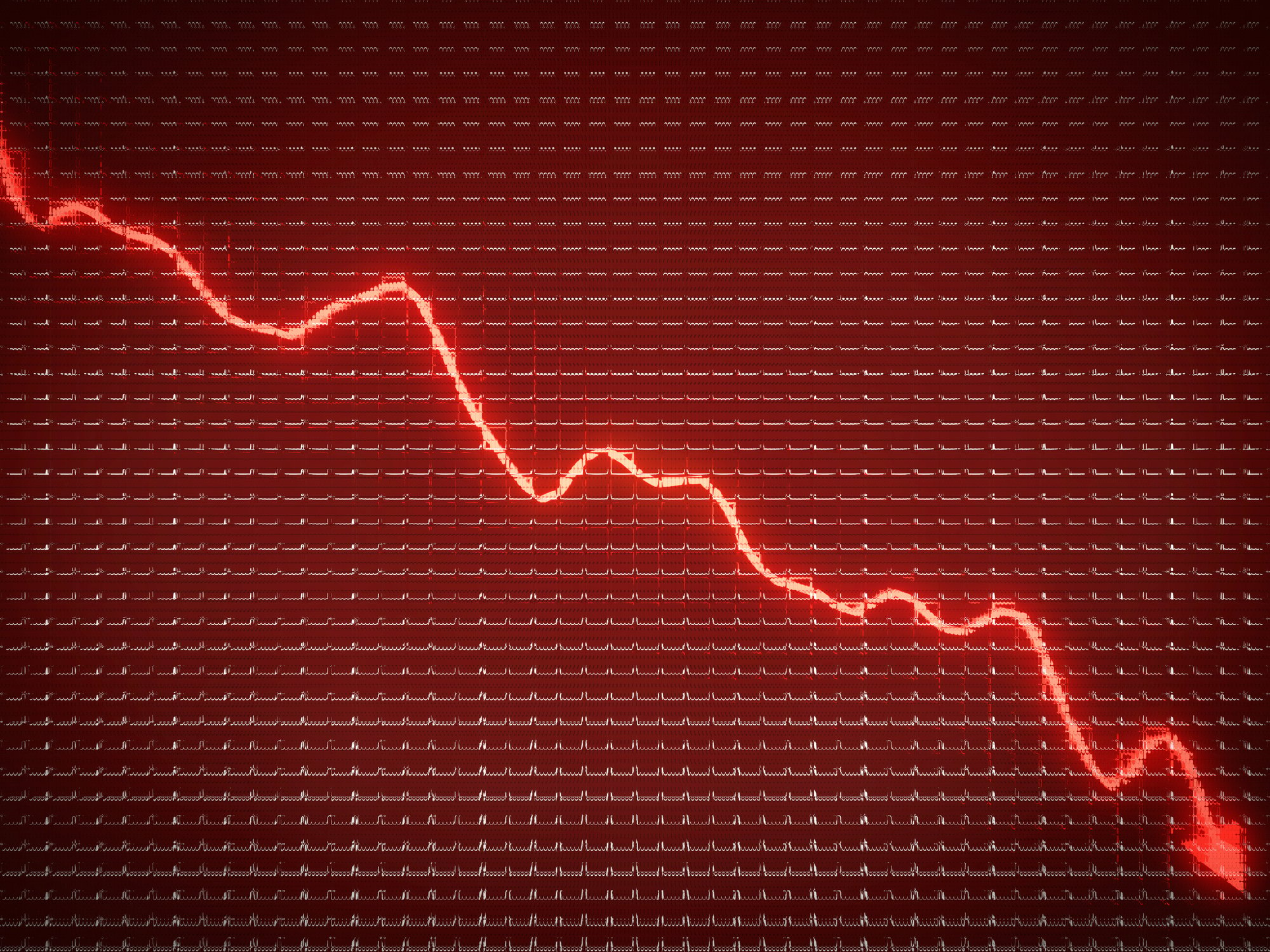Investors love stocks that consistently beat the Street without getting ahead of their fundamentals and risking a meltdown. The best stocks offer sustainable market-beating gains, with robust and improving financial metrics that support strong price growth. Does Petrobras (PBR +0.94%) fit the bill? Let's take a look at what its recent results tell us about its potential for future gains.
What we're looking for
The graphs you're about to see tell Petrobras's story, and we'll be grading the quality of that story in several ways:
- Growth: are profits, margins, and free cash flow all increasing?
- Valuation: is share price growing in line with earnings per share?
- Opportunities: is return on equity increasing while debt to equity declines?
- Dividends: are dividends consistently growing in a sustainable way?
What the numbers tell you
Now, let's take a look at Petrobras's key statistics:
PBR Total Return Price data by YCharts
|
Passing Criteria |
3-Year* Change |
Grade |
|---|---|---|
|
Revenue growth > 30% |
37.4% |
Pass |
|
Improving profit margin |
(41.5%) |
Fail |
|
Free cash flow growth > Net income growth |
210.7% vs. (19.6%) |
Pass |
|
Improving EPS |
(45.7%) |
Fail |
|
Stock growth (+ 15%) < EPS growth |
(54.5%) vs. (45.7%) |
Pass |
Source: YCharts. * Period begins at end of Q2 2010.
PBR Return on Equity data by YCharts
|
Passing Criteria |
3-Year* Change |
Grade |
|---|---|---|
|
Improving return on equity |
(71.2%) |
Fail |
|
Declining debt to equity |
11.4% |
Fail |
|
Dividend growth > 25% |
(30%) |
Fail |
|
Free cash flow payout ratio < 50% |
11.1% |
Pass |
Source: YCharts. * Period begins at end of Q2 2010.
How we got here and where we're going
Petrobras earns a middling four out of nine passing grades, and one of those passing grades was essentially a technicality -- Petrobras' EPS have declined less than its share price. Despite promising revenue growth over the past three years, Petrobras' margins have collapsed due to high operational expenses, the effects of which have been compounded by share dilution. Will Petrobras be able to turn these weaknesses around and rebound, or is it just drilling a dry hole for investors? Let's dig a little deeper to see what the future may hold.
Petrobras' presalt fields requires substantial amount of money to tap, but as long as oil prices stay above the $40 to $45 per barrel range, they could at least become profitable over the long term. Fellow Fool Tyler Crowe notes that the company has plans to use a monstrous $237 billion investment program to develop that presalt formation off Brazil's coast, which is projected to double Petrobras' production levels to 5.7 million barrels of oil equivalent per day by the end of 2020. In addition, oil production in Brazil's Libra field is expected to be much cheaper, which could keep the money flowing during the costliest parts of the presalt development.
Fool contributor Eric Volkman notes that Petrobras has raised some $11 billion from bond issues, spread over six tranches with maturities ranging from 3 to 30 years, which will be used to finance planned expenditures in presalt formation offshore Brazil. Petrobras is also willing to sell off some part of its 67% stake in Petrobras Argentina (NYSE: PZE) to gain further funding.
Petrobras may be focusing on the world's most ambitious growth plans over the next several years, but the company is also exposed to many potential threats. Growing domestic pressure on the Brazilian government to cut gasoline prices has forced Petrobras to operate at huge losses. In its latest quarter, the company suffered a $1.82 billion loss in its refining and marketing segment, caused by the necessity of importing crude and finished petroleum products to meet domestic demand.
Petrobras also relies on Brazilian manufacturers for much of its drilling and exploration equipment, which has led to several cost overruns and scheduling delays, costing it thousands of dollars every day. FMC Technologies and GE (GE +0.32%) will supply offshore equipment needed for the pre-salt formation program in Brazil, but this far, these two companies haven't been able to offset the inadequate performance of Petrobras' Brazilian suppliers.
Petrobras hasn't contented itself with staying close to home -- the company recently dominated an offshore block auction for the Gulf of Mexico by acquiring rights to 35 blocks for $268 million. The company also set up a $2.7 billion joint venture with Seadrill (SDRL +0.00%), which will provide deep-water infrastructure to facilitate its drilling activities.
Putting the pieces together
Today, Petrobras has some of the qualities that make up a great stock, but no stock is truly perfect. Digging deeper can help you uncover the answers you need to make a great buy -- or to stay away from a stock that's going nowhere.









